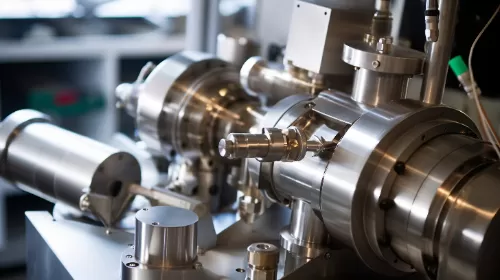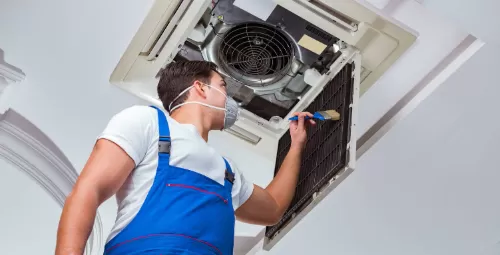Powering Your Home with Sunshine How Clean Energy is Slashing Electric Bills Nationwide

How Clean Energy Powers Your Home
Clean energy systems transform renewable resources such as sunlight and wind into usable electricity. For instance, solar panels rely on photovoltaic cells to absorb sunlight and generate power, which is then fed into a home’s electrical system. Any surplus energy can be stored in home batteries or transmitted back to the grid, potentially earning utility bill credits. In a similar way, small-scale wind turbines capture kinetic energy from wind to produce electricity, particularly beneficial in rural areas with stable wind conditions.
What makes clean energy appealing is its efficiency and simplicity: it involves no fuel costs, requires minimal maintenance, and produces no greenhouse gas emissions. By installing solar panels or wind turbines, homeowners can reduce their reliance on fossil fuels like coal and natural gas, which are subject to price volatility and contribute to air pollution.
The Economic Benefits of Clean Energy
Adopting clean energy technologies offers cost savings in three main areas:
Reduced Monthly Expenses: Solar panels can cover between 50% and 100% of a home's electricity needs, significantly lowering energy bills. Even on overcast days, panels continue to generate electricity, though at reduced efficiency.
Government Incentives: Many governments offer financial incentives for clean energy installations, including tax credits and rebates. In the United States, for example, the federal Investment Tax Credit (ITC) allows homeowners to deduct 30% of the cost of installing solar systems, reducing upfront expenses.
Energy Resilience: Battery storage systems allow homes to remain powered during outages, eliminating the need for costly backup generators and preventing food spoilage during extended blackouts.
Over time, these savings allow clean energy systems to pay for themselves—often within 5 to 10 years—depending on household energy usage and available local incentives.
Environmental and Health Benefits
Clean energy provides more than financial returns—it plays a critical role in environmental protection. Replacing fossil fuels with solar and wind energy dramatically reduces carbon dioxide emissions, helping to mitigate climate change. Over a 25-year period, a standard home solar system can prevent roughly 100 tons of CO₂ from being released into the atmosphere.
It also enhances air quality. Traditional coal-fired power plants emit pollutants such as sulfur dioxide and mercury, which are linked to respiratory and cardiovascular diseases. By contrast, clean energy sources produce no air pollutants, leading to healthier living environments and potentially lowering public healthcare costs.
The Future of Clean Energy in Residential Use
Technological advancements are rapidly expanding access to clean energy:
Smart Grids: These systems improve how energy is distributed and managed, allowing homes to use renewable power more efficiently.
Next-Gen Batteries: Progress in lithium-ion and solid-state battery technologies enables households to store unused solar energy for nighttime use or emergencies.
Community Solar Programs: These shared solar initiatives allow individuals who lack suitable rooftops—such as renters or apartment dwellers—to still participate in clean energy benefits.
As of 2025, companies like Tesla and SunPower are leading innovation with sleek, integrated solar systems. At the same time, installation costs are falling, making clean energy an increasingly viable option for more households.
Conclusion
Clean energy is transforming residential life through its blend of affordability, sustainability, and cutting-edge innovation. Whether through rooftop solar panels, backyard wind turbines, or home battery storage, homeowners can significantly reduce energy bills, lower their environmental impact, and promote public health. As technology advances and supportive policies grow, clean energy is no longer a distant goal—it’s a pr

How to Avoid Cold Sores: A Comprehensive Guide

Safe Pain Relief Options For Seniors Balancing Effectiveness And Side Effects

Rolling back the clock on addiction treatment will cost even more lives

The Molecular Detective How Mass Spectrometry Uncovers Hidden Health Clues in Your Breath

Every Homeowner Needs to Know:Duct Cleaning Services in 2025

Powering Your Home with Sunshine How Clean Energy is Slashing Electric Bills Nationwide

You Are Not Lazy You Are Mentally Drained

Robots with Empathy Can Machines Really Understand Feelings

A Comprehensive Guide to Medspa Software in 2025

Best Knee Pain Relief Near Me